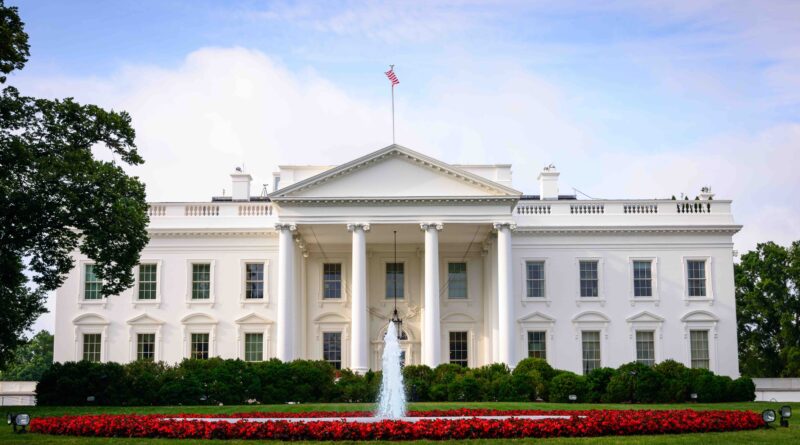Top 10 Takeaways from OMB’s “Build America, Buy America” Guidance for Infrastructure Projects
The Build America, Buy America (“BABA”) Act, amends Title 2 of the Code of Federal Regulations, by adding a new Part 184 and a new provision to the Uniform Administrative Requirements, Cost Principles, and Audit Requirements for Federal Awards at 2 C.F.R. Part 200 (the “Uniform Guidance”).
According to JDSUPRA, as discussed previously, it is important to remember that the OMB’s publication of its “Final Rule” is not the creation of any regulatory requirements – OMB merely is providing “clear and consistent guidance to Federal agencies about how to apply the domestic content procurement preference” under BABA. In other words, OMB is providing governmentwide baselines for complying with BABA’s mandates that do not supersede or supplant other regulatory requirements. Federal agencies will be left to implement domestic content requirements in line with OMB’s guidance. For some that may require wholesale adoption of the Guidance as regulatory mandate. For others that may require more complicated reconciling of pre-existing domestic content requirements (e.g., the FTA’s Buy America regulations).
It also is important to keep in mind that BABA, and by extension, OMB’s Guidance, applies only to infrastructure projects and infrastructure spending – the requirements do not apply to other forms of federal spending, whether through the procurement process, or through other non-infrastructure grant and assistance opportunities. There are several important caveats to the BABA’s applicability: (1) if no federal funding is being used for infrastructure the preference does not apply; (2) the preference does not apply to any piece of a project that does not relate to infrastructure, even if the project also includes an infrastructure element; (3) the preference applies to an entire project, even if federal and non-federal dollars are mixed; and (4) the preference does not apply to any items that are not permanently incorporated into a project – for example, temporary scaffolding, movable chairs, desks, computers, and all things that might be used in or brought to an infrastructure project but are not permanently affixed to the project, are not covered by the preference.
To the extent your company comes face to face with an infrastructure project, in the United States, that involves federal funding, you may be expected to comply with domestic preference requirements for three categories of products: (1) iron and/or steel products; (2) manufactured products, and (3) construction materials.


